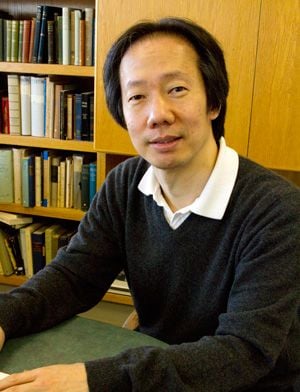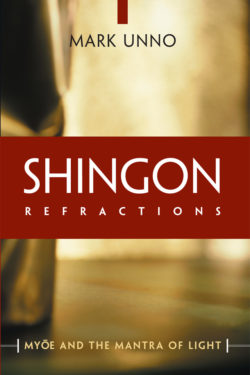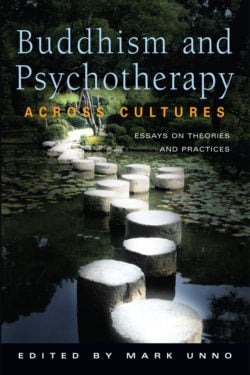Mark Unno

Mark Unno teaches East Asian religions at the University of Oregon. He is on the editorial board of the Journal of Religious Ethics and the advisory board of Buddhist-Christian Studies. He has been the featured speaker at numerous conferences and academic venues on Asian Buddhism, comparative religion, Buddhism and psychotherapy, and Buddhism in America. He lives in Eugene, Oregon.
Books, Courses & Podcasts
Shingon Refractions
Shingon Buddhism arose in the eighth century and remains one of Japan’s most important sects, at present numbering some 12 million adherents. As such it is long overdue appropriate coverage. Here, the well-respected Mark Unno illuminates the tantric practice of the Mantra of Light, the most central of Shingon practices, complete with translations and an in-depth exploration of the scholar-monk Myoe Koben, the Mantra of Light’s foremost proponent .
Buddhism and Psychotherapy Across Cultures
As both Buddhism and psychotherapy have grown and diversified in Asia, as well as in the West, so too has the literature dealing with their interaction. Today, Japan and the United States are the two largest psychotherapeutic cultures in the world, and this volume brings together seminal contemporary thinkers in both disciplines on both sides of the Pacific. Both Buddhism and psychotherapy are cultural institutions that evolved over time as their native cultures evolved, as the configurations of the self evolved, and as new cultures assimilated them. And both have transformed the cultures in which they have evolved. Cross-cultural interaction occurs not only between the two disciplines of Buddhist and psychotherapeutic practice (involving various schools and approaches within each) but also across geographical and ethnic boundaries, within the practitioner him- or herself.
Contributors explore the creative possibilities emerging from the synergy of Buddhism and psychotherapy. Many conference participants came from a Pure Land Buddhist background (the largest stream of Buddhism in East Asia), specifically that of Jodo-shin (commonly known as Shin Buddhism), although Buddhist teachers and scholars of the Zen, Tibetan, and Vipassana traditions were also well represented. This volume in particular brings together world-class specialists from the United States and Japan, including Jack Engler, Anne Klein, Jeremy Safran, Naoki Nabeshima, Yasunobu Okada, Taitetsu Unno. They are versed in various forms of psychotherapy and counseling including clinical practice, therapist training, the care of the terminally ill, and in the practice of Tibetan, Zen, Vipassana and Pure Land Buddhism. This ground-breaking volume offers rich reflections at many levels.


